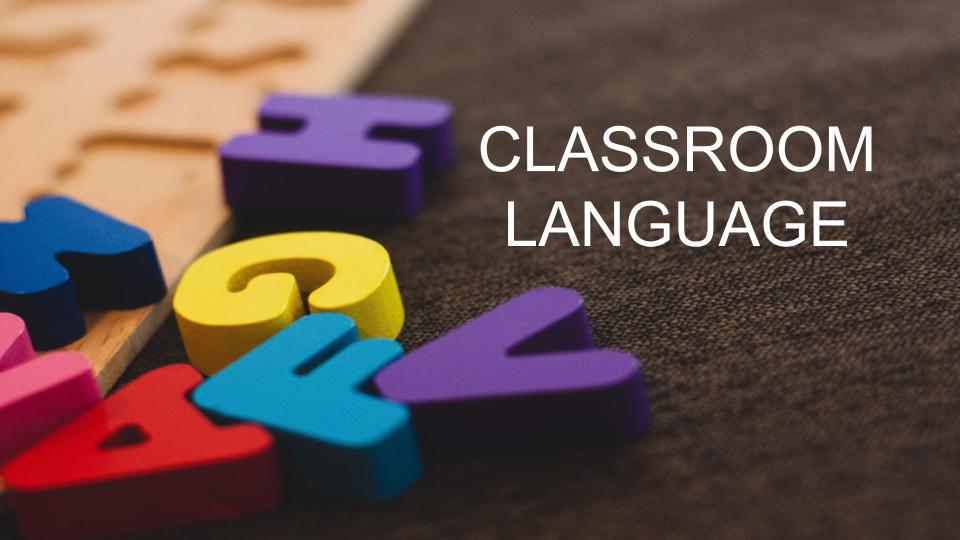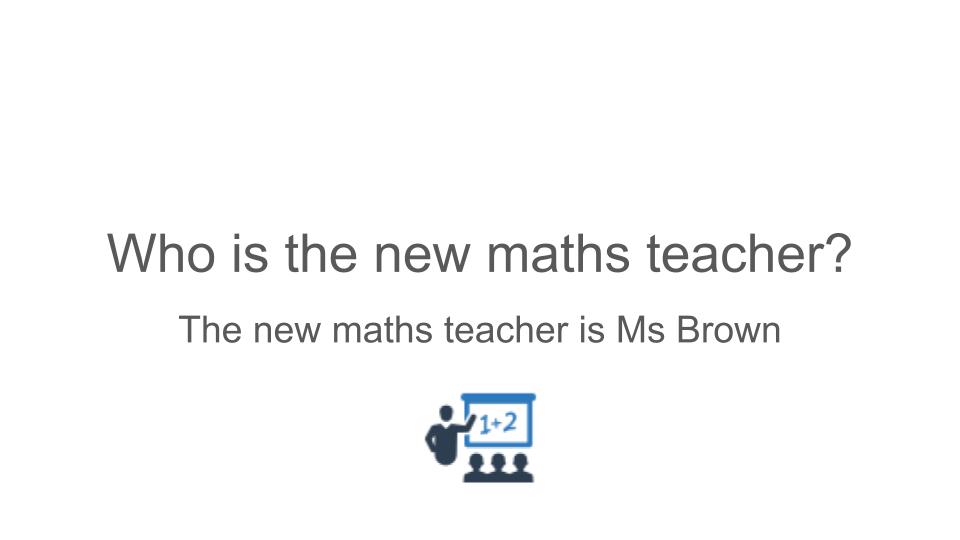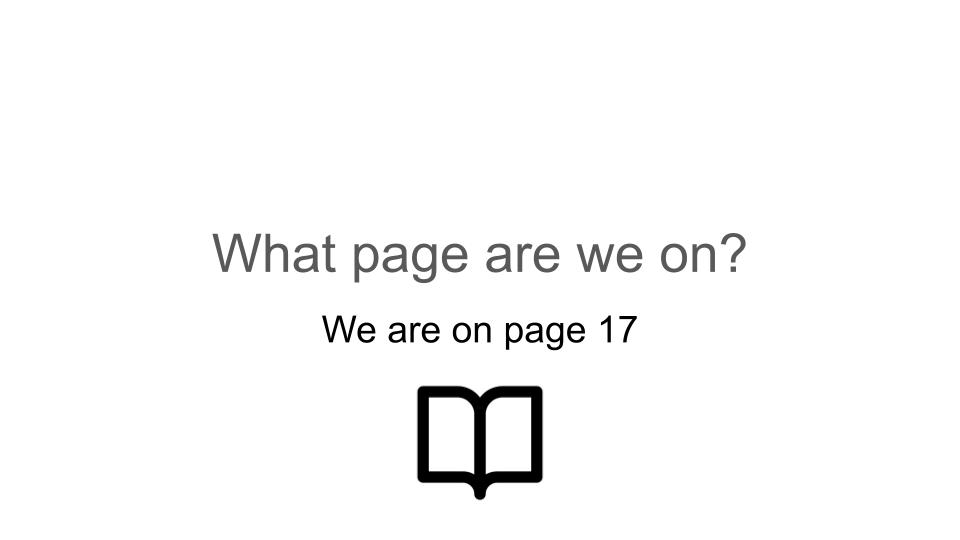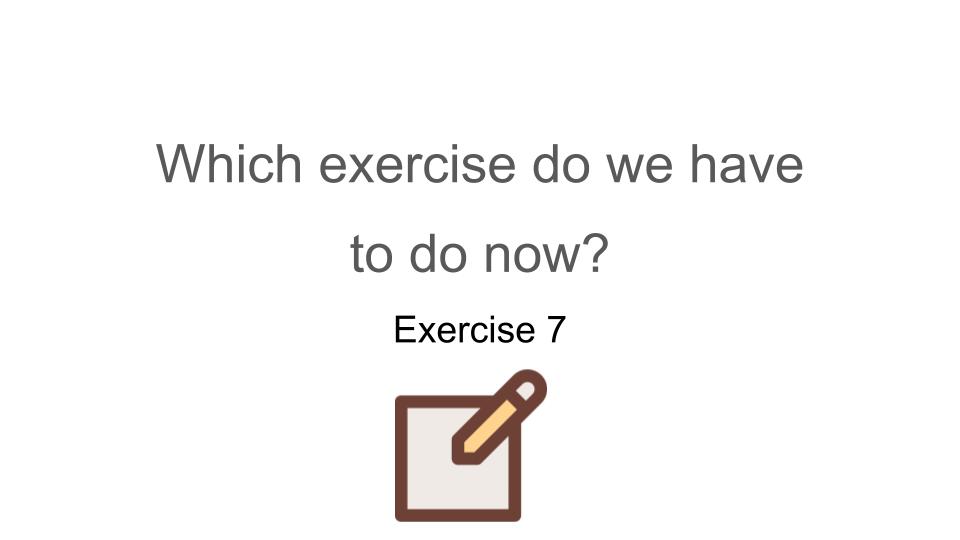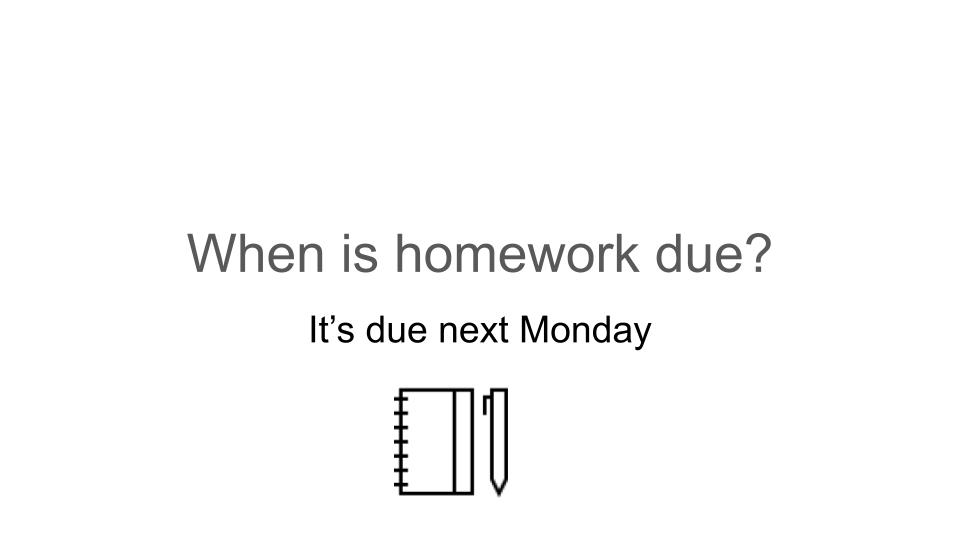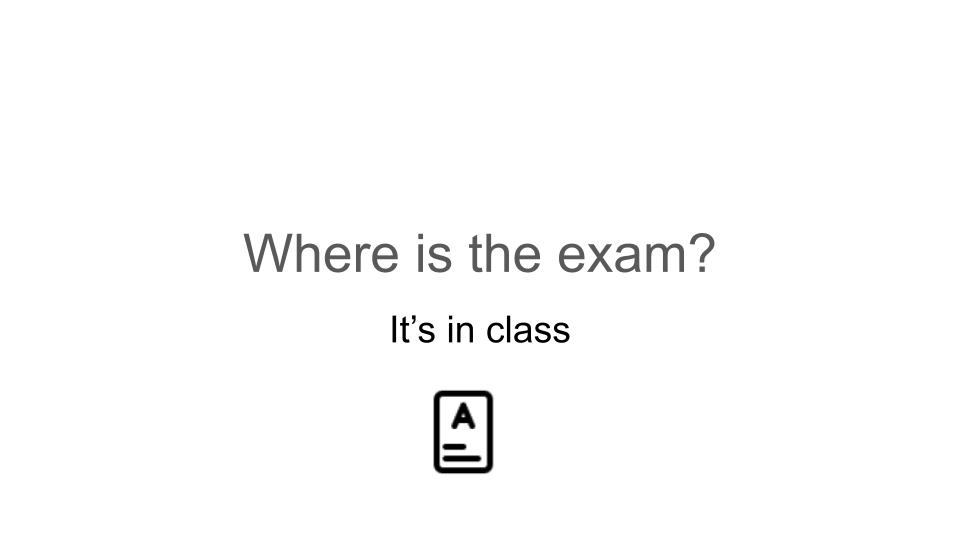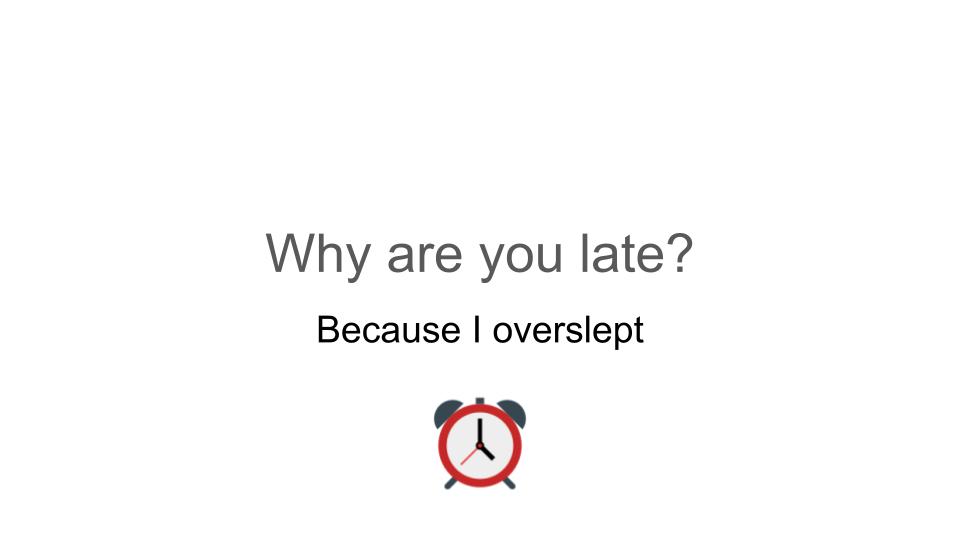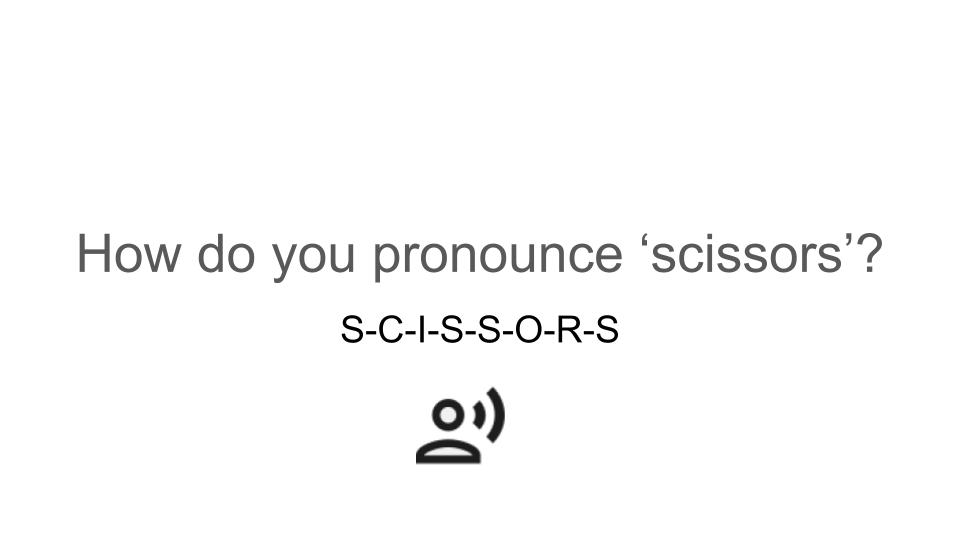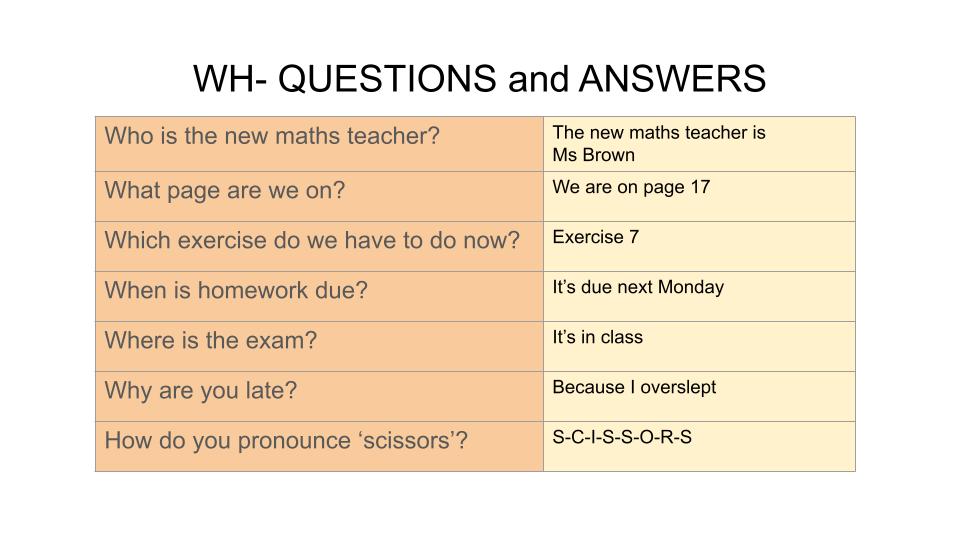Dictionary
Draw
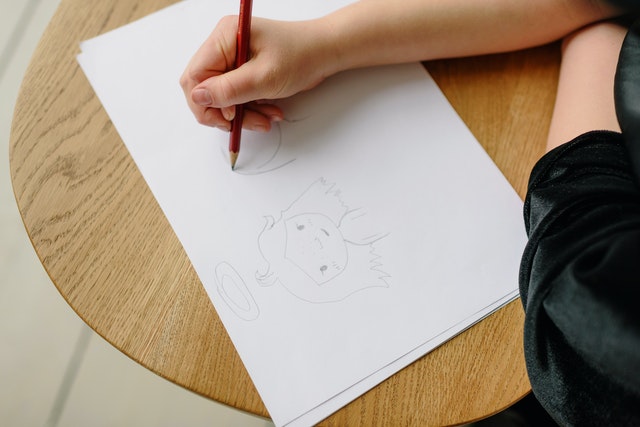
- Definition:
-
When you draw you make a picture with a pencil, a pen, crayons, etc.
Cuando dibujas haces un dibujo con un lápiz, un bolígrafo, lápices de cera, etc.
- Example:
-
I have to draw a robot for my Arts class.
Tengo que dibujar un robot para mi clase de plástica.
- Spanish word:
-
Dibujar.
- Audio:
Due
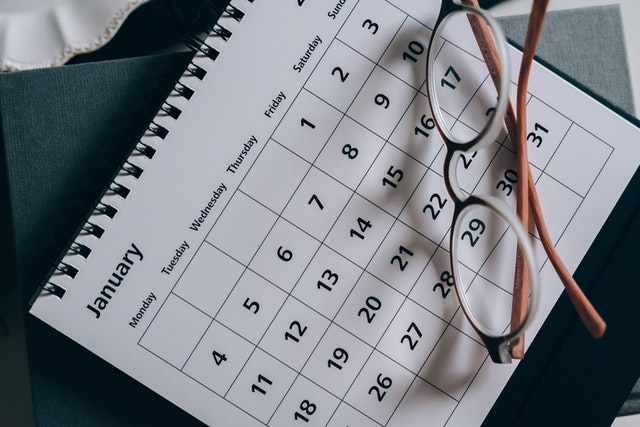
- Definition:
-
When something is due a date, it has to be finished by that date.
Cuando algo está previsto para una fecha tiene que estar terminado para esa fecha.
- Example:
-
Homework is due next Monday.
Los deberes están previstos para el lunes/ Los deberes son para el lunes.
- Spanish word:
-
Previsto, programado.
- Audio:
Interview

- Definition:
-
In an interview someone asks you questions.
En una entrevista alguien te hace preguntas.
- Example:
-
You have to interview your partner.
Tienes que entrevistar a tu compañero.
- Spanish word:
-
Entrevista, entrevistar.
- Audio:
-
Item
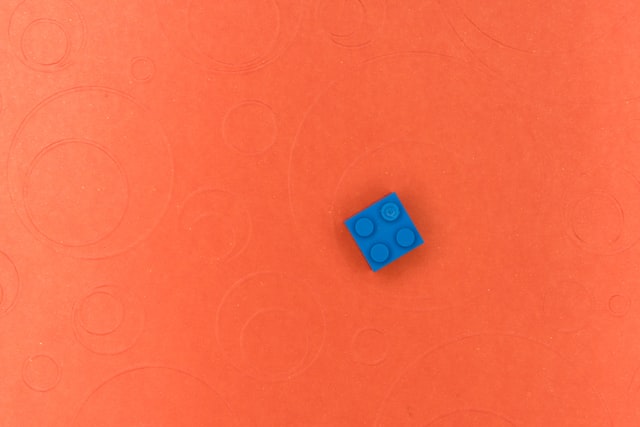
- Definition:
-
An item is an object or thing.
Un artículo es un objeto o cosa.
- Example:
-
Choose only one item.
Elige solo un artículo.
- Spanish word:
-
Objeto.
- Audio:
Overslept

- Definition:
-
Overslept is the past tense of oversleep. When you oversleep you sleep more than you expected.
Me quedé dormido es el pasado de quedarse dormido. Cuando te quedas dormido duermes más de lo que esperabas.
- Example:
-
I overslept and I was not on time for my first class.
Me quedé dormido y no llegué a tiempo a mi primera clase.
- Spanish word:
-
Quedarse dormido.
- Audio:

